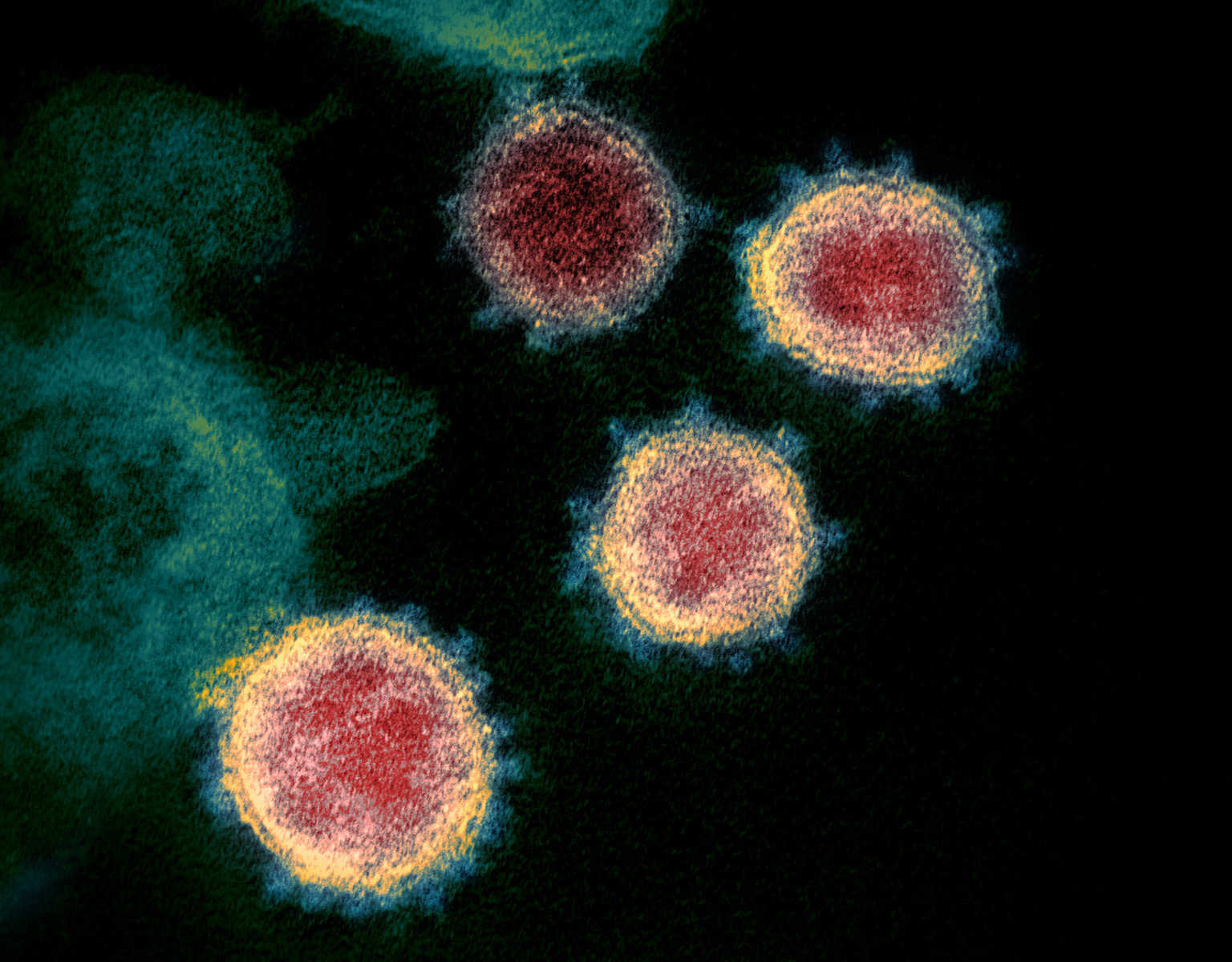
Virologists pushed back on the possibility of tighter regulation of viruses tweaked in the lab to be more lethal at a public meeting Wednesday. An enhanced pandemic potential pathogen is a virus or microbe that has gained increased transmissibility — capacity to spread from person to person and reverberate throughout a population — or virulence … Virologists push back on more regulation of viruses made more lethal in the lab
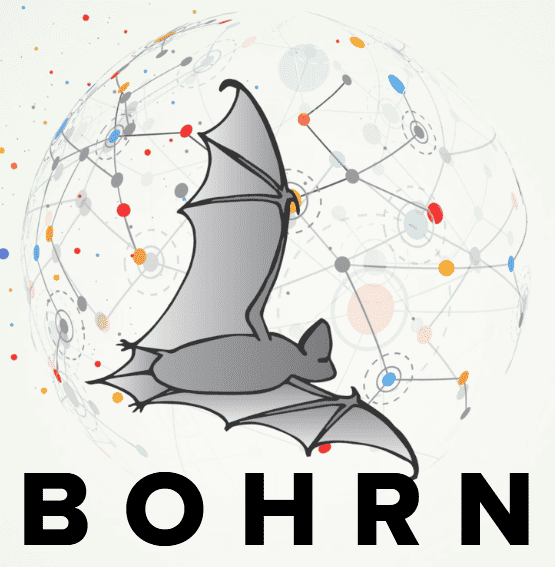
This post describes documents of Colorado State University (CSU) Professors Rebekah Kading and Tony Schountz, which U.S. Right to Know obtained from a public records request. Kading and Schountz are virologists who study bat-associated pathogens in hot-spots across the world. They collaborate with EcoHealth Alliance, the U.S. Department of Defense (DoD) and the Defense Advanced … Colorado State University documents on bat pathogen research
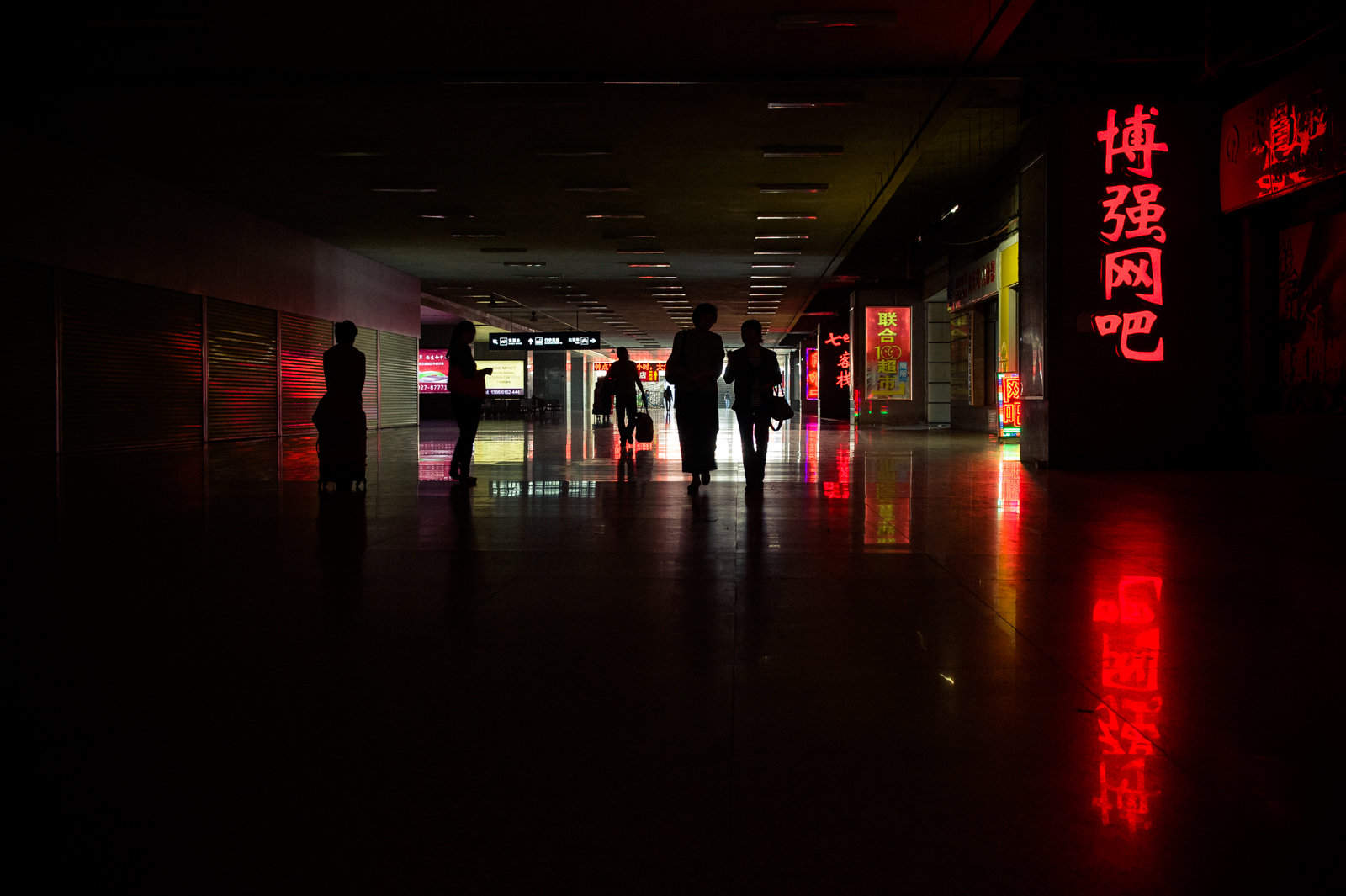
Biosafety experts, including one with longstanding ties to the Wuhan Institute of Virology (WIV), privately harbored questions about risks taken with coronavirus research at biosafety level 3 (BSL-3) labs, including those in Wuhan, according to emails obtained by U.S. Right to Know. The researchers felt that BSL-3 labs were more vulnerable to accidents, even more … Wuhan’s lower biosafety level labs posed greater risk for coronavirus lab leak, experts said
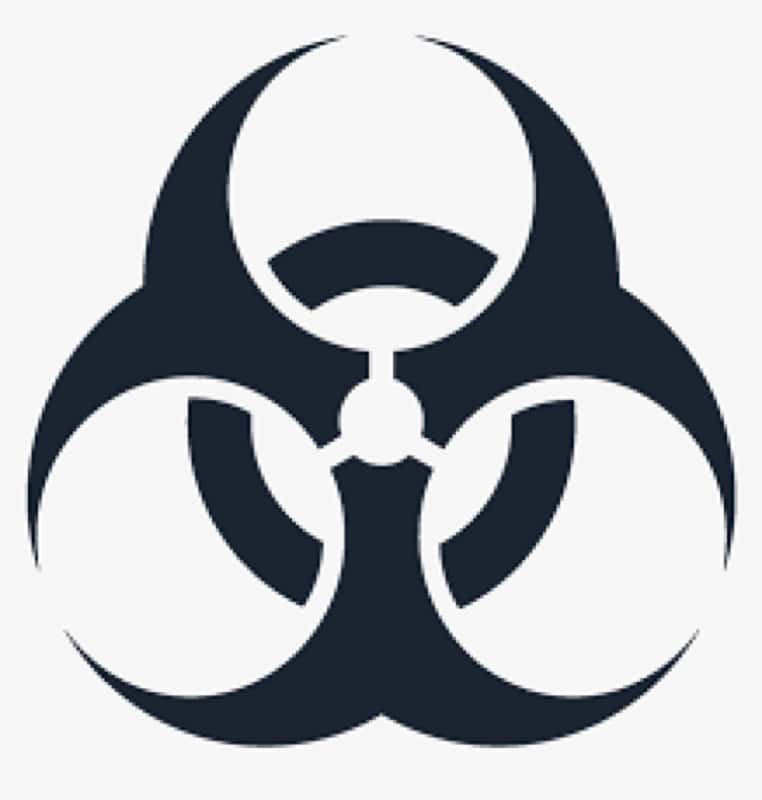
U.S. Right to Know has obtained the following Institutional Biosafety Committee (IBC) meeting minutes though freedom of information requests. IBCs review an institution’s protocols for working with potentially harmful biological agents, including pathogenic microorganisms, and provide biosafety recommendations for conducting the research. The IBC’s role is to review safety protocols; issue biosafety and protocol recommendations, … Institutional Biosafety Committee (IBC) meeting minutes
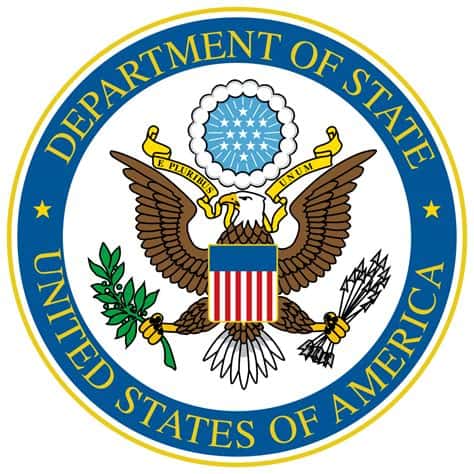
The director of the Wuhan Institute of Virology (WIV) ordered staff in January 2020 to “not discuss COVID-19,” according to a Guangzhou-based blogger’s social media post that is cited in a February 2020 U.S. State Department cable obtained by U.S. Right to Know. The WIV is at the center of debate surrounding the origins of … Wuhan lab director ordered staff not to discuss Covid-19, State Department cable says, citing blogger